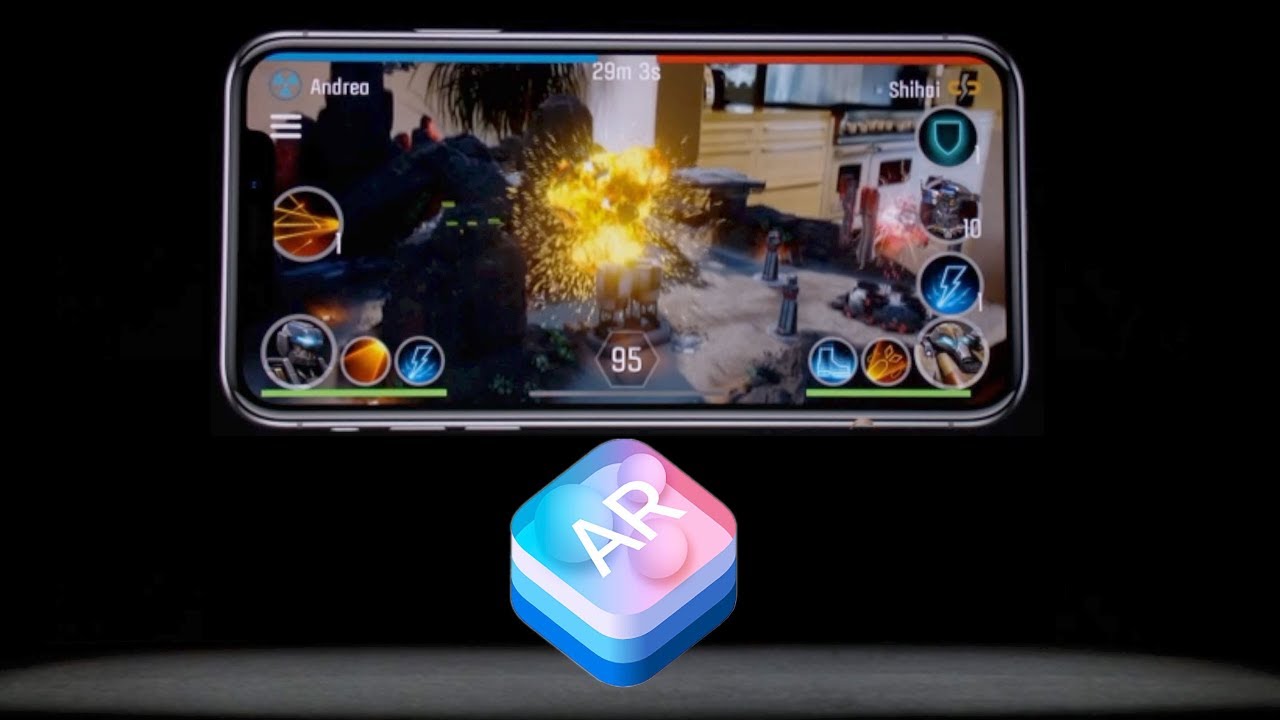That's something Samsung had soured on after its 2011 Galaxy Nexus collaboration with Google. Samsung had even attempted to launch Tizen as its own OS to replace Android in 2012, and by 2014 was using Tizen to power its Galaxy Gear watch. A year later it used Tizen, not Android, to power its smart TVs.
It wasn't looking to expand its dependence on Google's Android in future hardware, which helped blunt any interest in AR collaboration.—Daniel Eran Dilinger, AppleInsider
Watching Samsung try to get Gear VR off the ground and crashing spectacularly or Microsoft trying to get anyone to notice their HoloLens AR device illustrates Apple’s unique position. Samsung owns a vibrant hardware business but doesn’t own Android. Conversely, Microsoft is great with software and services but doesn’t really have a significant installed user base of hardware devices.
Apple owns their software platform and has well over a billion devices being used in the wild. They are in a position that is unrivaled in the tech world. It’s looking likely that they will shape the future of augmented reality.
And augmented reality isn’t some esoteric off shoot of the phone business. It’s the future. It’s moving data and connecting people in ways that have never been done before. It will revolutionize entertainment, it will define new jobs, it will reshape cities.
Devices which transport people are old news. Designing and manufacturing automobiles is simply refining the technology of the 1900s.
Read the full article here: How Tim Cook's Augmented Reality vision paid off for Apple



 RSS Feed
RSS Feed